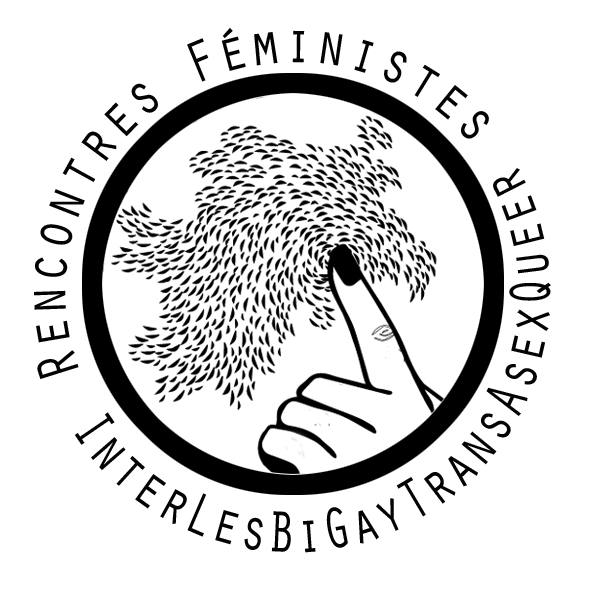Generalities
Since 2003, the UEEH adopted a self-managed functioning, non-hierarchical, resulting in the collective management of all tasks of the event, but also those throughout the year.
In practice, this means that:
during the event, all aspects of the event are handled daily by all its participants to take over the project, space and time shared. It is to enable everyone to take charge of the event in its multiple dimensions.
during the year, those who have wished to continue their investment and have been mandated, will join the Board of Directors and will be have to ensure the renewal of the UEEH from a year to the another, following the directions given by the participants during the closing General Assembly. It is also possible to invest oneself on a few specific projects by joining or creating a regional or thematic center.
The General Assemblies
Several general meetings punctuate the event. They are essential tools for collective management, and they ensure power sharing between all participants.
The Board of administration
Throughout the year, the UEEH are administered by the Board of Administration (CA). They are mandated by a vote by secret ballot at the closing General Assembly.
It is ideally composed of 25 administrators. They generally come from several cities in France, and sometimes from other countries. The Board meets 4 to 5 times per year in big cities like Marseille, Paris and Lille, to limit travel costs.
Its prerogatives:
implement the guidelines laid down at the General Assembly Closing
initiate and solicit projects for the next event
ensure the internal and external communication to inform members but also to promote new audiences
identify and organize a public symposium on topics LGBTQIfinalize the project and the budget forecast aiming a balanced budget
finalize the annual report that concludes each event
to establish and grant applications, to present to funders and to keep track
to liaise with all partners of the UEEH such as institutional partners (PACA Regional Council, General Council of the Bouches-du-Rhone, Urban Community of Marseille Provence Métropole, Marseille City), health associations, LGBTQI associations and collectives, as well as suppliers of goods and services such as CROUS, MAIF, etc..
premises liability (during event)
responsibility for the safety of participants (during the event)
The UEEH are an event where the power is considered as being shared by all without discrimination. This requests constant attention to the implicit power dynamics. To do so, board members, throughout the event, ensure to stick to their prerogatives.
Regional poles and thematic poles
A Pole is a group of people working on a project outside of the board, and in coordination with it. The poles enable the creation of dynamics outside the board and relieve some of the volume of work of the administrators. Therefore, they can also help to deepen the development of various projects, and also to bring out new ones.
The main resource of the UEEH is the “human” investment : the voluntary work of its participants. Otherwise, they could not take place, either during the event or throughout the year.
It is important to take into account that the investment of everyone is really what makes the wealth of the UEEH. And this involvement should come from a personal initiative. For this reason no one is paid, neither the speakers of the conference, nor the artists or people with projects, to make everyone equal and not to rank the knowledge. This concept is very important in the the policy of the UEEH.
To this, we may add the graceful provision of the ESBAM and of equipment (which may include one or more vehicles) by the City of Marseille, which allows to benefit of this exceptional place suitable for what we want to do.Retour ligne automatique
The UEEH are funded by institutional partners, sometimes private partnerships, and by the registrations of participants, specifically their donations. Over the past several years due to limitations on grants, alternative solutions have been developed, such as organizing parties to support the association, which can in addition to making small financial benefits, provide some promotion of the UEEH in different environments.Retour ligne automatique
In addition, new partners are regularly sought to ensure a balanced budget and a healthy cash flow.
